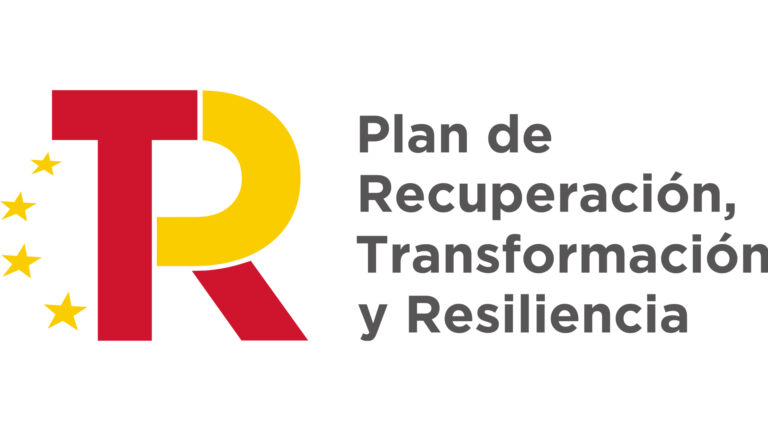5 idiomatic expressions using the verb sacar to help you speak Spanish like a native!
The verb sacar in Spanish is one of those Spanish verbs that have multiple meanings, depending on the context that you use them. When you look up the verb sacar in the Royal Spanish Academy (known as RAE; Real Academia Espanola) you will find over 30 different meanings for the word! But it is most commonly translated as ‘to take out’ or ‘to remove’.
Like the verb meter, the verb sacar can also be used in phrases to make different lexical expressions. Learning these phrases is a great way for any student to improve their Spanish vocabulary and be able to express their thoughts, feelings, and experiences more precisely.
The following expressions are some commonly used Spanish idioms that will help you speak like a native speaker!
1. Sacar de quicio
In Spanish it is very common to say “sacar a alguien de quicio” if someone or something is annoying you or if someone is getting on your nerves and you have lost your patience with them.
For example:
- ¡Mis hermanas siempre usan mi ropa sin mi permiso, me sacan de quicio! (My sisters always use my clothes without my permission, they drive me crazy!)
This expression comes from the word ‘quicio’ which is the hinge of the door, that allows the door to open and close. So, it is thought that ‘de quicio’ represents the natural of order things… if you unhinge the door, it is unbalanced and would fall. Equally if a person is ‘desquiciado’ (unhinged), they are unbalanced or crazy! Another way to use this expression is ‘sacar de la casillas’.
For example:
- Mis hermanos siempre me sacan de mis casillas (My brothers always get on my nerves).
2. Sacarse de la manga
If someone makes something up or comes up with something as if they have pulled it out of thin air, we say ‘sacarse algo de la manga’.
For example:
- Los políticos se sacan de la manga datos a su favor (Politicians make up figures that suit them!)
The word ‘manga’ means sleeve. So, this expression literally translates as ‘to pull something from your sleeve’, just like a magician doing a magic trick!
3. Sacar las castañas del fuego
The RAE describes this expression as doing something for someone else’s benefit, even if it causes harm or displeasure to yourself.
For example:
- No puedes esperar siempre a que los demás te saquen las castañas del fuego. Tienes que aprender a solucionar tus propios problemas (You can’t always wait for everyone else to sort things out for you. You have to learn to solve your own problems).
There is logic to this expression because you want roasted chestnuts but taking them out of the fire is dangerous and you could easily get burnt! In that way, this expression is so illustrative with a really Spanish concept of the stalls selling roasted chestnut that you find on the streets in the colder months. A similar expression is “sacar a alguien de un apuro”.

4. Sacar los trapos sucios
This phrase is used often when someone is discussing unpleasant or personal issues around other people that doesn’t concern. The word ‘trapo’ means a rag, which is a piece of cloth used to clean the house, in other words, something that is done in private. This combined with the adjective ‘sucio’ (dirty) turns the personal aspect of this expression into something negative and the use of the verb ‘sacar’ means that it is exposed to the outside world. That makes this colloquial expression very descriptive.
For example:
- No hay que sacar los trapos sucios y contar ciertas cosas a todo el mundo! (You don’t have to air your dirty laundry in public and share everything!)
You can also say sacar los trapos sucios a relucir and this expression is used when someone is bringing up negative issues from the past.
For example:
- Cuando peleamos mi novia siempre saca los trapos sucios a relucir! (When we fight my girlfriend always digs up the past!)
5. Sacar los colores
This expression is commonly used in Spanish and it is something that we say when someone is so embarrassed that their face turns red. When using this expression, you need to use the indirect object when referring to the person who experiences the feeling of embarrassment.
For example:
- Me vas a sacar los colores! (You are going to make me blush!)
- Martín me sacó los colores cuando me dijo que estaba tan guapa (Martin made me blush when he said I was pretty).
These expressions are all commonly used in Spanish so try to add them into your vocabulary and improve your level of Spanish. Check out the Spanish QUIZ on our blog to practice what you have learnt today about the verb sacar in Spanish. If you have any questions or if you think you think of any other expressions using the verb sacar, leave a comment and let us know!



